The Case for Cultural Competency
Today, Belmont Day is as diverse a community as it has ever been in its proud history. The Annette Raphel Scholarship for Leadership and Diversity, a merit scholarship for Boston-area students from African-American, black, Latino, or Hispanic descent, is in its first year. Our student community is comprised of 35% students of color. We have families hailing from 27 towns including towns as far afield as Andover, Framingham, Maynard, Bedford, Woburn, and Weston.
As educators it is critical for us to provide students and their families with both mirrors that reflect their own experience, and windows to see into the experiences of others. Indeed, diversity is something a school should be proud of only when cultural competency exists within the classroom and is embedded in curricular experiences. To have one without the other leaves a challenging and counter-productive void in the highly influential environment of the school community. Students may begin to make assumptions about the value that school places on their culture or, worse, themselves. We must understand that the absence of a representative experience in one’s learning is something that children will absorb more quickly than any math problem, or any reading strategy. In short, our effort to deliver programmatic excellence for all of our students is not a competing priority with cultural competency but rather, dependent upon it.
Belmont Day holds itself accountable to providing this critical competency for our students in many ways:
Last year, we began a rigorous curricular review series which, over the course of the years to come, will look critically at every element of our program. This year the review includes the math program, arts, athletics, and world language and is guided by last year’s review of technology, learning support, and diversity. As Director of Curriculum and Instruction Deborah Brissenden explained, those three fundamental curricula should be threaded through each and every other curriculum we review. Moving forward, among the standards by which we evaluate our program, we will include cultural competency, recognizing its critical relevance in all that we do.
Every new member of the teaching faculty at Belmont Day now takes part in the Multicultural Teaching Institute’s summer professional development programa program designed by teachers for teachers that provides ‘boots on the ground’ training in how to be a multicultural practitioner. Tina Fox and William Yepes were trained this summer as SEED (Seeking Educational Equity and Diversity) facilitators to work with both parents and faculty throughout the year. If you missed the announcement about SEED at back-to-school night, you can learn more here or reach out to Tina or Dean Spencer directly to learn more about the program if you are interested in participating this year.
Along with our curricular work and teacher training, of course, is supporting the cultural competency of parents within our community. Last year, we invited families and faculty to participate in race-based affinity groups which will continue this year, with a slightly modified design. Opportunities for connection and discussions will resume in October with:
- A kick-off event hosted by Braiding Different Strands on October 25
- a gathering for parents of color
- a Witnessing Whiteness group for white allies
In so many ways, our commitment to cultural competency is a vibrant and dedicated one. I never lose sight of why it is so important: our students. The world and global issues have never been so visible or immediately accessible to our children. A quick look at today’s headlinesones that include the Myanmar Rohingya crisis, the impact of Hurricanes Irma and Maria on several island nations with little to no infrastructure, a celebration of Rosh Hashanah, and the tenuous relationship between the US and North Koreaprovides representative examples of why our students need an education that places a priority on this critical competency. This is the world they are inheriting, and we have a responsibility to prepare them as well as we can for it.
Have a great weekend everyone, and a very happy new year to our Jewish and Muslim families with the coincidentally concurrent arrivals of Rosh Hashanah and the month of Muharram.



